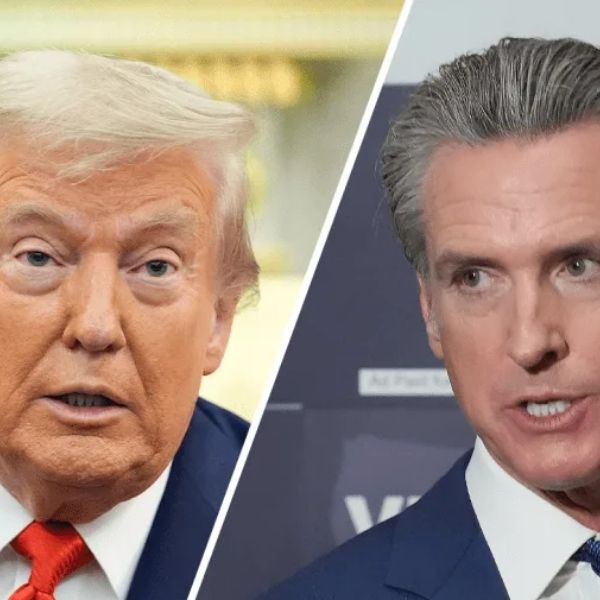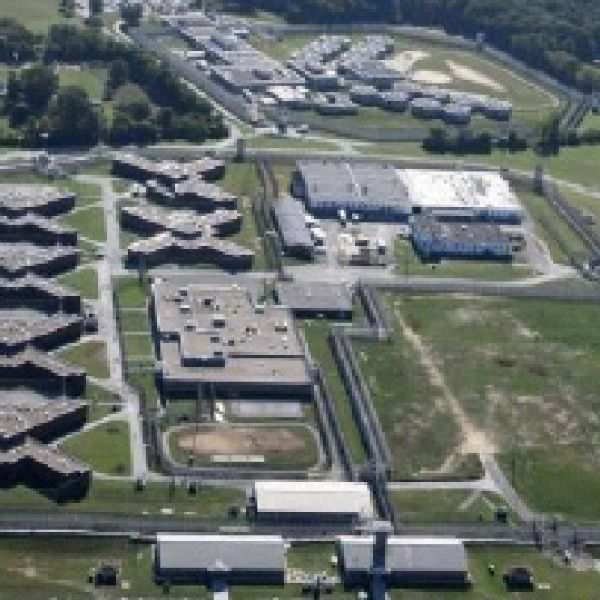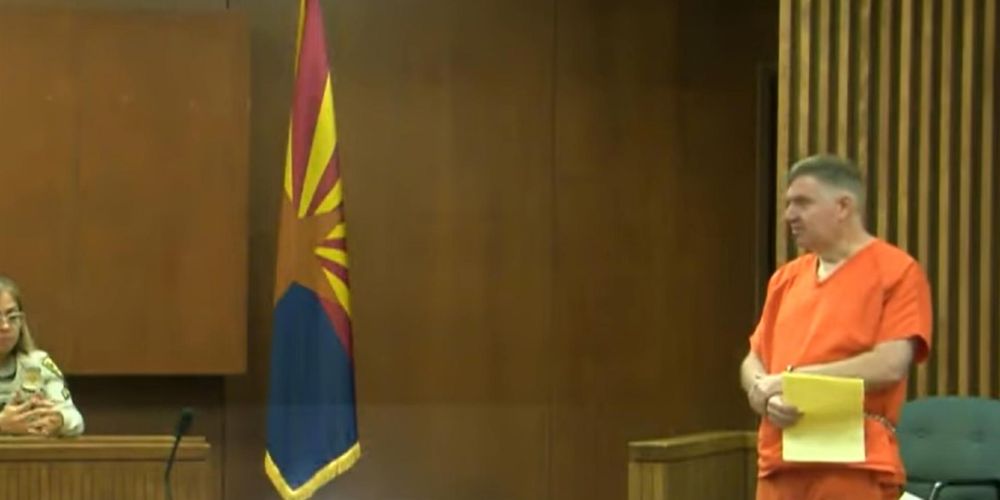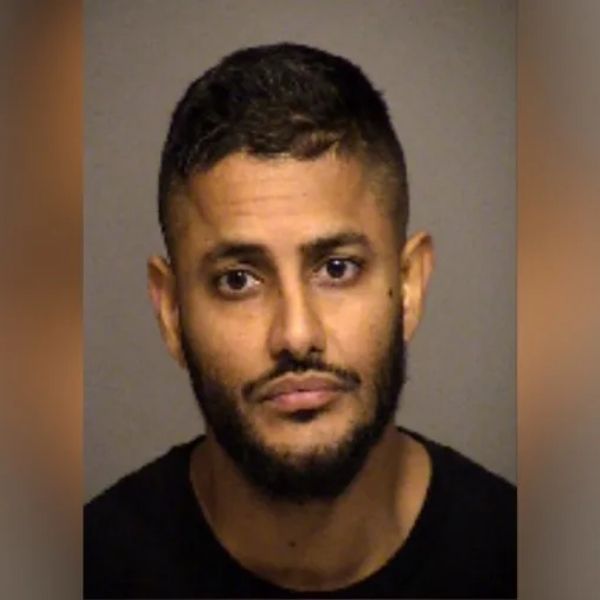In a major ruling shaking the law enforcement supply sector, Carl Alan Zaglin, CEO of Georgia-based Atlanco LLC, was convicted by a federal jury in Miami, Florida, on charges of international bribery and money laundering.
Zaglin, 70, of Marietta, Georgia, orchestrated a scheme over nearly five years to bribe Honduran officials and secure lucrative contracts for his company, which produces uniforms and accessories for law enforcement agencies. According to the Department of Justice, Zaglin aimed to win business with TASA, the Honduran government agency managing procurement for the National Police and other security organizations.
Bribery Scheme Details
Evidence presented at trial showed that from March 2015 to November 2019, Zaglin arranged substantial bribe payments to officials, including Francisco Roberto Cosenza Centeno, former executive director of TASA, and Juan Ramon Molina, former TASA director. These bribes helped Atlanco secure contracts worth more than $10 million.
Zaglin funneled payments through a third-party intermediary, Aldo Nestor Marchena of Boca Raton, Florida, who received $2.5 million via sham invoices authorized by Zaglin. Marchena, along with Cosenza and Molina, has already pleaded guilty to participating in the scheme.
To conceal their actions, the defendants used coded language in communications. Bribes were referred to as “commissions” or “fees”, Marchena was referenced simply as “Miami”, and foreign officials were called “the guys” or “the others.” The scheme involved fake Brokerage Agreements, personal emails, secure messaging, and funds laundered across multiple accounts in the U.S., Belize, and Spain.
“Instead of playing by the rules, Carl Zaglin unfairly sought to get ahead and enrich himself by paying bribes to Honduran officials,” said Matthew R. Galeotti, Acting Assistant Attorney General of the Justice Department’s Criminal Division. He emphasized how such corruption distorts competitive markets, according to the Department of Justice.
Legal Consequences
Zaglin faces multiple convictions, including:
-
One count of conspiracy to violate the Foreign Corrupt Practices Act (FCPA)
-
One count of violating the FCPA
-
One count of conspiracy to commit money laundering
He could receive up to five years in prison for each FCPA charge and up to 20 years for money laundering. Sentencing will be determined by a federal judge, guided by the U.S. Sentencing Guidelines and other factors.
The prosecution was led by Trial Attorneys Peter L. Cooch and Clayton P. Solomon from the Criminal Division’s Fraud Section, alongside Assistant U.S. Attorney Eli S. Rubin for the Southern District of Florida. Homeland Security Investigations Miami Field Office conducted the investigation, supported by international authorities.














Leave a Reply